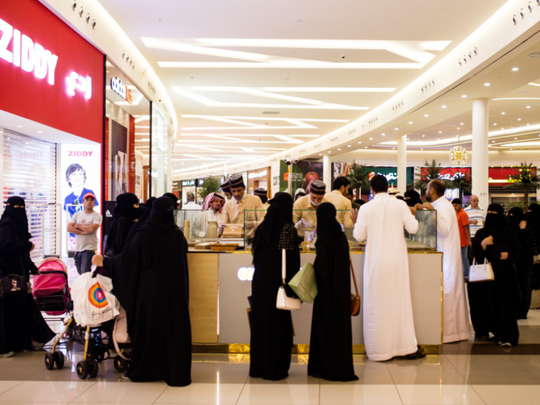
While Sharia permits legal marriages for a man with up to four women, it does so with very stringent conditions. That, however, does not stop a number of Saudis from ignoring many of those strictures in pursuit of multiple nuptial ties.
Saudi males travelling abroad for business or vacation are often alerted not to “fall victim to marriage brokers at airports.” They are advised to exercise extreme caution during their travels and be extra vigilant because many foreign marriage brokers “tend to target Saudi male travellers and convince them to enter into marriage contracts that can have catastrophic results”. It is believed that most of these brokers are usually accompanied by young girls who are used to snare unwary Saudis. They were asked to “ignore any broker who approaches them with marriage offers”.
These males have also been advised to consult the local Saudi embassy before entering into any marriage contract or signing one with a local citizen during their travel abroad. It is also believed that many marriages that were solemnised in this manner led to “disastrous outcomes for both spouses due to the culture shock”. Children born out of such unions suffered the most, as most of these unions ended up in separation and divorce.
I find it puzzling as to why only Saudi men get targeted for such purposes when they are abroad? Are they simply ensnared by con men into marriages that profit these brokers? I mean if one is not willing, can one be forced to take on an additional partner?
In the past few decades, with petro-riyals lining many pockets, clerics issued a variety of edicts easing the process by which a man could acquire an additional partner. Various forms of unions were allowed. The ‘Mesyar’ or marriage of convenience within the country’s borders became a popular variant of marriage after it was approved by some of the religious leaders. Essentially a licence to have multiple partners, without much responsibility or expense, it was soon followed by the ‘Mesfar’ and other variations as well.
A ‘Mesfar’ marriage refers to a union contracted so that a woman may cohabitate with her foreign “husband” for the duration of his stay in a foreign country. These women are usually divorced after a short period of time, which ranges from a week to a month. It is natural that most of these women who are married off come from poor backgrounds, and for most of them, they have very little say in the matter.
There are growing concerns and calls for action over the number of children fathered by Saudi males during their trips abroad, and abandoned thereafter. And while these amorous urges are not necessarily restricted to Saudis, the number of wives and children left behind is indeed of alarming proportions.
In Egypt, majority of men who visit the country looking for ‘Mesfar’ (tourists) marriages tend to be Saudis, followed by Iraqis, and that the women they marry are generally much younger than them. The parents of the women concerned receive up to 4,000 Egyptian pounds (Dh831) from the visitors for approving of such limited-time marriages. Most of these women are below 16 years of age and do not understand that they are being treated like commodities.
And it’s not just in Egypt that such a growing problem exists. There are abandoned wives and children in significant numbers in many other countries that are visited by Saudi travellers. In Morocco, there are reports of more than 5,000 wives and as many children who had been deserted by men who did not honour their conjugal responsibilities.
Many children live in miserable conditions and turn to drugs and other illegal activities, deprived as they are of their true identity, although there have been others who have grown up to emerge as success stories.
In Syria, Yemen, India, Indonesia and the Philippines, similar numbers exist, making it a growing concern for the Saudi government that has taken the initiative to make it obligatory for such errant Saudi nationals to own up to the responsibility of parenthood. The semi-autonomous consultative Shura Council has been tasked to study the issue of children born to non-Saudi women and abandoned by their Saudi fathers. In Morocco, the problem was compounded by the fact that many Saudis marry Moroccan women without their family’s knowledge and abandon them when their vacation is over.
Religious leaders who were quick to approve such unions between men and women and legitimising them to the degree of making them palatable within the framework of Islam have paid little attention to the consequences of such actions. They lacked the wisdom to foresee the tragic end of some of their edicts.
Fatherhood means taking responsibility of those young ones who are being brought into this world. That would be the Islamic way to look at the issue.
Tariq A. Al Maeena is a Saudi socio-political commentator. He lives in Jeddah, Saudi Arabia. Twitter: @talmaeena.








